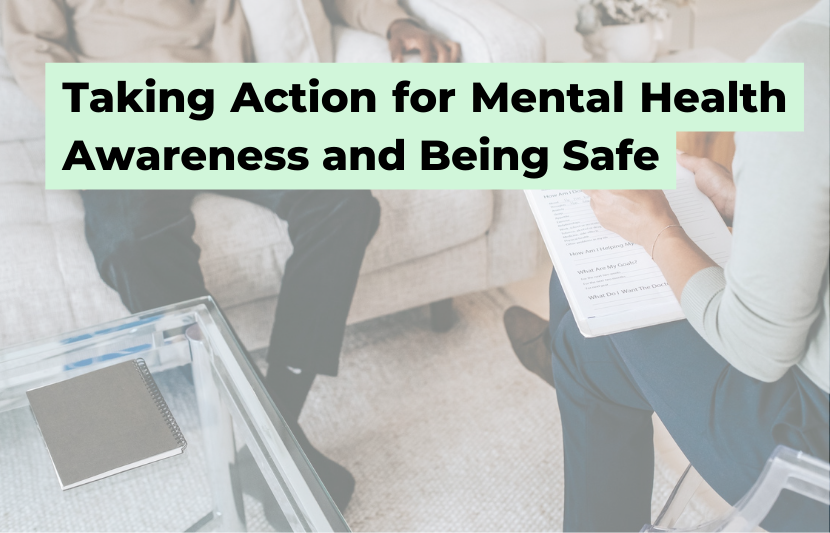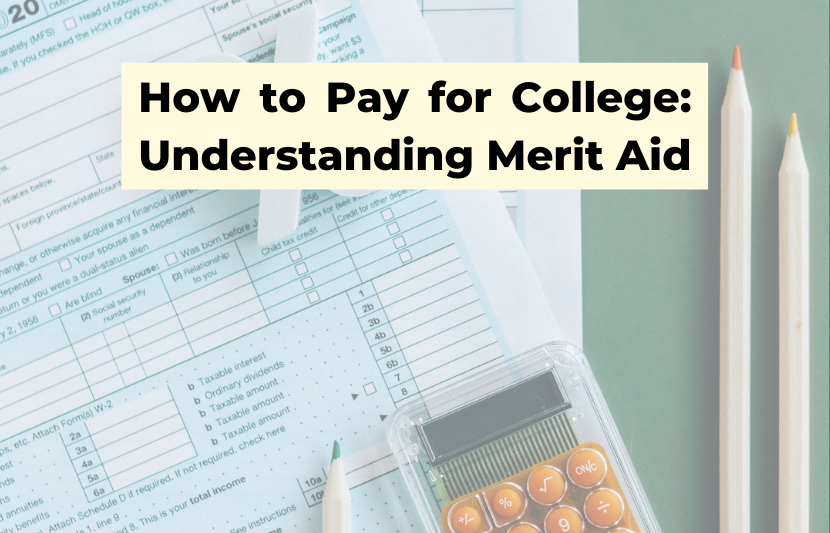In this episode of TUN TV, Dr. Crystal Rose interviews Christen Arafeh, founder of Hive College Buzz, about finding your fit in the college admission process.
Dr. Rose: Welcome to The University Network TV, where we scan the globe to give students, their families, educators and employers the very best tips for student success. I’m your host today, Dr. Crystal Rose, and in this college admission series, we’re exploring the new normal in college admissions and ways students can distinguish themselves.
On today’s show, we’re talking about the school that loves you back in our series “Finding Your Fit in the College Admissions Process.” To discuss the importance of finding your college fit, we’ve invited the founder of Hive College Buzz, Christen Arafeh, who helps teens and families turn their big college dreams into reality.
She’s a college admissions counselor with international clients and has helped hundreds of students and their families successfully navigate the college admissions process.
Welcome, Christen.
Arafeh: Thank you so much.
Dr. Rose: So, let’s start right away. What are some of the key changes in college admissions today versus perhaps from years ago?
Arafeh: For starters, the number of students applying is up, the acceptance rate is down and tuition prices are higher than ever.
Dr. Rose: Right. And so, given that admissions to colleges have plummeted in recent years because of the increased applications, what other factors should students consider to improve their chances of finding their college fit?
Arafeh: So, in the wake of schools proclaiming test-optional and test-blind, universities are receiving a record number of applications each year.
So, it’s important to create a list of reach schools, match schools and safety schools to ensure acceptance and be able to capitalize on those scholarship opportunities.
Dr. Rose: So, when students are filling out the applications and essays, what are your recommendations when it comes to writing about themselves and sharing about themselves in hopes that the college may identify them as being a good fit for their institution?
Arafeh: So, remember when you’re submitting your GPA and your test scores, that those are very quantitative numbers, and writing a good essay is kind of the qualitative feel to how you get to explain yourself and your background.
And so, if there’s ever any missing links – let’s just say maybe your GPA was down or maybe you’re not a good test-taker, or maybe you had something happen in your family that you weren’t able to dedicate as much time and effort into your school and your studies – using your essay to really explain more about your background will really help someone from admissions better understand who you are and why you’re most interested in their schools.
Dr. Rose: I really like what you’re saying. And it really does coincide with the recent Princeton review survey, where they looked at over 14,000 college applicants and their parents.
And basically, 42 percent of students said that finding their college fit is actually more important, compared with 13 percent who are just looking at colleges that have a good reputation.
So, how can students and their families best understand what admissions officers’ focus is when it comes to their student’s profile?
Arafeh: I think it’s important to note that admissions officers’ job is to find students who are a great fit for that particular university’s academics. They want to make sure that the students that they accept and that they get on campus will be a good fit for the type of academics that are offered on campus.
So, students get to decide what they want to share. If it’s important for you to say, I was a first-generation student, I wanted admission officers to know that I was the first in my family to ever apply to college, let them know that if my application is lacking something, this is why I don’t have a network of people that helped me apply to college.
Whereas, there are sometimes legacy students whose fathers and grandfathers and great-grandfathers have attended a particular university. Then that’s something that they would like to write about.
But it’s definitely, they want to see well-rounded students and they want to see that you’re more than just your test scores, and the essays are a perfect opportunity for that.
I like to say, “Love the school that loves you back.”
A lot of times, students have their sights set on one or two universities in particular, but the truth is admissions officers might not feel that you are a great fit for what that school has to offer. So, that’s something to keep in mind – don’t let a denial, a waitlist letter or a deferral crush your spirits, because the truth is that there is a school out there that is made for students just like you and you just need to find it.
Dr. Rose: I love that — love the school that loves you back. Okay. Suppose a student has identified a school that they determine is a good fit for them. Now, during this time of COVID, the new normal, what are ways that students can demonstrate their interest in a school?
Arafeh: Demonstrated interest is very important. Sometimes that is as simple as setting up a school tour. Whether you go in person or virtual, I always suggest both. Let your name, your email address get into the school’s website. Get on campus because that is sometimes of the utmost importance.
I’ve had students who have their sights set on a school and before they pull into the parking lot, they’re like, “Oh, this is not what I was expecting,” and they don’t even get out of the car for their college tours.
So, it’s very important to tour a school. And that’s one way to demonstrate interest. Another way, “like” them on Facebook, Instagram, and TikTok. Get involved. Email admissions counselors. Contact someone in financial aid. If you reach out to someone in either admissions or financial aid, it shows to them that you are interested. It’s you actually demonstrating your interest.
It’s you showing that you’re curious, “Well, what would my bottom dollar cost be? I’ve run the net price calculator, but I just want to make sure, are there any other scholarship opportunities?” Just that simple email reach out shows that you are interested and in turn, it makes the school also more interested in you because schools like to accept students that they think will actually attend their campus.
Dr. Rose: That is superb information, and I really appreciate you being here today. Thank you for joining us, Christen.
Arafeh: Thank you so much.
Dr. Rose: And thank you everyone else for joining me today. I’m your host, Dr. Crystal Rose. Until next time.
This interview has been edited for clarity.
For more exclusive interviews with experts who share their insight to help students succeed, check TUN TV!












